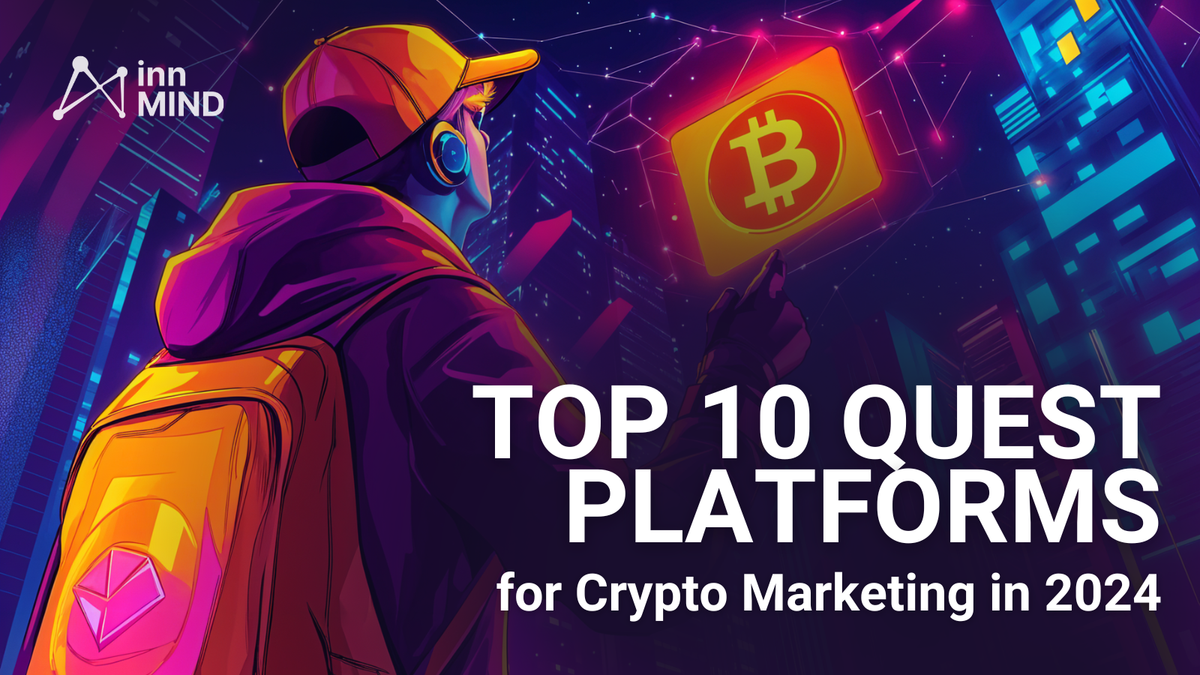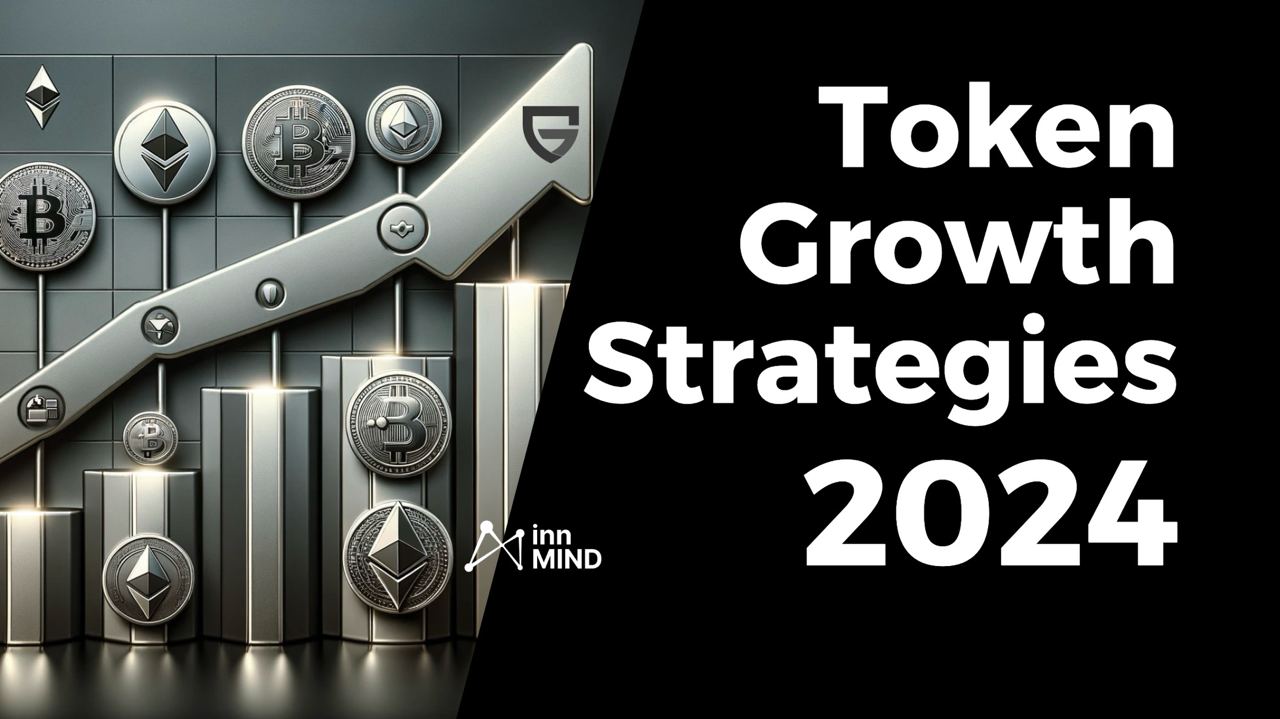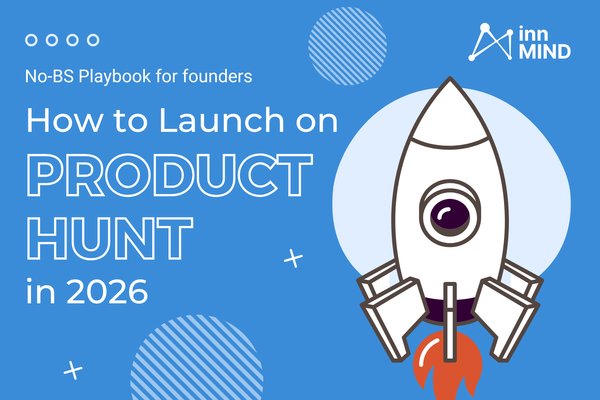Top 10 Quest Platforms for Crypto Marketing in 2024
10 crypto quest platforms that help companies foster user loyalty and community growth.

In the fast-paced world of Web3, building a strong, engaged community is no longer just a nice-to-have; it's essential for the survival and growth of any startup. Quest platforms have emerged as game-changers in this space, offering an innovative way to engage users through gamified tasks that reward participation with tokens, NFTs, and other digital assets. These platforms don’t just attract users; they keep them coming back for more, fostering loyalty and community growth.
But how do you create a quest that not only captures attention but also drives meaningful engagement?As an end user of your quests i want to give you some tips to keep in mind while developing your campaigns:
- Know Your Audience: Tailor your quests to the interests and behaviors of your target users. Whether they’re DeFi enthusiasts, NFT collectors, or gamers, understanding what motivates your audience will help you create quests that resonate.
- Make It Rewarding: The rewards you offer should be valuable enough to encourage participation but also sustainable for your project. Consider a mix of short-term rewards like tokens or NFTs and long-term incentives like governance rights or exclusive access.
- Keep It Simple, Yet Challenging: Your quests should be easy to understand but challenging enough to keep users engaged. Consider a series of tasks that gradually increase in difficulty, encouraging users to dig deeper into your platform.
- Leverage Social Proof: Incorporate elements that allow users to share their achievements on social media. This not only boosts engagement but also helps spread the word about your project organically.
- Measure and Optimize: Use analytics to track the performance of your quests. What’s working? What’s not? Be prepared to tweak your quests based on user feedback and data insights to maximize their effectiveness.
With these tips in mind, let’s dive into the top 10 quest platforms for crypto marketing in 2024. Each of these platforms brings something unique to the table, whether it’s a massive user base, advanced analytics, or a focus on specific niches like DeFi or NFTs. Here’s how they can help you build and sustain a thriving community around your Web3 project.
Is a standout quest platform that caters to startups aiming to launch data-driven marketing campaigns. The platform is known for its robust analytics and deep integration with major blockchain networks. This makes Intract ideal for startups that are serious about optimizing their user engagement strategies through real-time data insights. With a growing community of over 12 mln registered users, Intract is a significant player in the quest platform landscape. The platform's interface is designed for ease of use, allowing startups to create and manage quests with minimal technical expertise. What sets Intract apart is its powerful analytics tools, which provide startups with the ability to monitor and adjust their campaigns dynamically, ensuring maximum impact and user retention. They were my gateway to the quest platforms and the project that pushed this narrative this year. I would highlight that they have the smoothest UX and I like that you can also make contests on the platform.
📚 Bonus Guide for Web3 Founders & Marketers:
InnMind’s Web3 Lead Generation & Business Development Guide is a practical resource designed to help crypto teams find leads for their project or community. It outlines actionable strategies to convert marketing campaign traffic—like quests or airdrops—into long-term users, partners, and engaged contributors.
Is a giant in the Web3 space, particularly known for its credential data network. Startups can leverage Galxe to create quests that are based on on-chain credentials, allowing for highly targeted and efficient marketing efforts. Galxe boasts a massive community of over 7 million active users, making it one of the largest platforms of its kind. Setting up quests on Galxe does require some technical knowledge, but the platform provides comprehensive documentation and support to guide startups through the process. The unique feature of Galxe is its credential-based quests, which link to on-chain activities, offering a highly focused and effective way to reach specific user segments. This makes it particularly valuable for startups looking to engage users who are already active in the Web3 ecosystem. The platform has a very nice design but the connection of progress on different chains isn't smooth.
Excels in creating community-driven quests that are both interactive and engaging. Known for its strong social media integration, Layer3 allows startups to extend their reach across multiple platforms, making it easier to attract a diverse user base. The platform has a robust community of around 500,000 users who are highly engaged in completing quests and participating in challenges. What makes Layer3 particularly appealing to startups is its user-friendly interface, which features drag-and-drop functionality. This makes it possible to launch quests with minimal technical skills, allowing teams to focus on strategy rather than execution. Layer3’s integration with social media platforms enables broader outreach and the potential for viral marketing campaigns, making it a versatile tool for growing a Web3 community. From my personal experience of using it I want to highlight Linea’s campaign on layer 3 as an example of a whole amazing mini adventure that they allow you to create, a really outstanding customization.
Zealy (formerly Crew3)
Is designed with DAOs and community-driven projects in mind. The platform’s flexibility allows for a wide range of customizable quests, making it a preferred choice for decentralized organizations. With an active community of over 200,000 users, Zealy is particularly effective at fostering long-term engagement through its leaderboard and reward systems. These features encourage competition among users, which helps maintain interest and activity over extended periods. Zealy is easy to use, with a focus on customization that allows startups to tailor quests to the specific needs and interests of their communities. This focus on DAOs and decentralized governance gives Zealy a unique position in the market, making it an essential tool for projects that prioritize community engagement and participation.
Is one of the most versatile quest platforms available, supporting a wide range of tasks from social media shares to complex on-chain activities. This versatility makes TaskOn a one-stop-shop for startups looking to launch comprehensive marketing campaigns. The platform’s community of over 300,000 active users is highly engaged, participating in a variety of tasks and quests. TaskOn is designed for ease of use, with intuitive tools that simplify the process of launching and managing quests. The platform’s automated task management feature is particularly valuable for startups that want to execute multi-faceted campaigns across different channels. TaskOn’s multi-chain support further enhances its appeal, allowing startups to reach users across various blockchain ecosystems.
Takes a unique approach by focusing on educational quests that allow users to learn about and interact with different DeFi protocols. This platform is especially valuable for startups in the DeFi space that are looking to onboard users through hands-on experiences. Rabbithole’s community consists of over 250,000 DeFi enthusiasts who are actively engaged in educational quests. While the educational nature of Rabbithole’s quests requires careful planning, the platform provides comprehensive tools and support to guide startups through the process. Rabbithole’s focus on education not only attracts users but also ensures they have a deep understanding of the product, leading to better retention and long-term engagement.
Is known for its gamified approach to quests, integrating elements of social media and blockchain to create interactive and rewarding experiences. With a vibrant community of over 150,000 users, Quest3 is particularly effective at engaging younger audiences. The platform’s simplicity is one of its key strengths, making it easy for startups to create and manage quests even if they have limited technical expertise. Quest3’s gamification features, such as leaderboards and rewards, are designed to keep users engaged over time, making it a powerful tool for building a loyal and active community.
Specializes in DeFi-related quests, allowing startups to create tasks that encourage users to interact with decentralized financial products. Although QuestFi has a niche community of around 100,000 users, it is highly focused and engaged, making it a targeted platform for startups in the DeFi space. The platform offers powerful tools for creating DeFi quests, though it does require a basic understanding of financial products. However, QuestFi provides tutorials to help startups get started, making it accessible even to those with limited DeFi experience. The platform’s direct integration with DeFi protocols allows for seamless user onboarding and engagement, making it an effective tool for startups looking to grow their DeFi user base.
Missions (by Zapper)
Combines portfolio tracking with educational quests to create a comprehensive platform for onboarding users to complex Web3 ecosystems. Zapper’s Missions platform has a diverse community of over 500,000 users, including both DeFi veterans and newcomers. Launching quests on Zapper is straightforward, with built-in tools that make it easy to design educational and rewarding tasks. The unique combination of portfolio tracking and educational quests makes Missions by Zapper a valuable tool for startups looking to educate users while simultaneously engaging them in the platform.
Offers a quest platform tailored specifically for Web3 startups, allowing them to create tasks that engage users and reward them with Karma, a system that fuels further participation within the platform. AlphaMind’s unique feature is that it is primarily a launchpad and side project of InnMind. It is also the newest project on our list meaning there is not yet such competition to get in as in other platforms. Launching quests on AlphaMind is designed to be simple and straightforward, with a range of customizable options to suit the needs of different startups. The platform’s support team is readily available to assist in setting up and optimizing campaigns, making it accessible even to teams with limited resources. The Karma reward system is what sets AlphaMind apart, offering a unique way to incentivize ongoing participation and deeper community engagement, making it an invaluable tool for sustaining long-term user interest.
Conclusion
In 2024, quest platforms have solidified their role as essential tools for Web3 startups looking to build and engage their communities. Each platform offers unique features tailored to different types of projects, from gamified challenges to educational quests. However, these platforms require time and resources to set up and manage effectively. Combining the use of a quest platform with InnMind’s comprehensive resources can provide a balanced approach, helping startups maximize their marketing efforts and achieve their growth goals in the ever-evolving Web3 space.
Read also:









